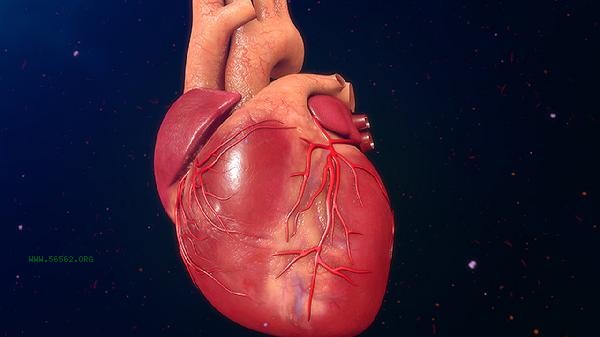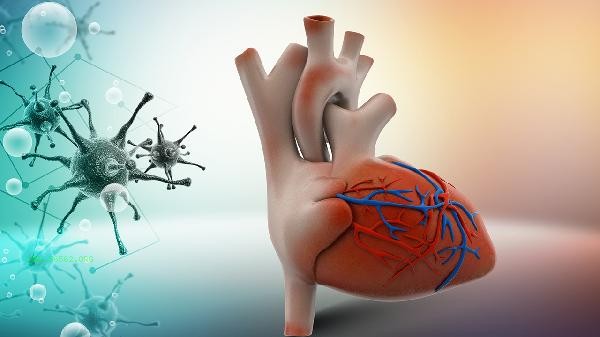A high cardiac index of 4.2 L/min · m ² may indicate a state of hyperdynamic circulation, mainly related to factors such as anemia, hyperthyroidism, physiological changes during pregnancy, compensatory period of septic shock, and arteriovenous fistula.

1. Anemia:
Decreased hemoglobin leads to a decrease in blood oxygen carrying capacity, and the body compensates by increasing cardiac output. Long term severe anemia may lead to anemic heart disease, characterized by palpitations, shortness of breath, and pale complexion. Mild anemia can be improved by supplementing iron and vitamin B12, while severe anemia requires blood transfusion treatment.
2. Hyperthyroidism:
Excessive thyroid hormone promotes increased myocardial contractility and heart rate, often accompanied by fear of heat, sweating, and weight loss. Diagnosis requires testing for free T3, T4, and TSH, and treatment includes antithyroid drugs such as methimazole and radioactive iodine therapy.
3. Pregnancy Physiology: In the middle and late stages of pregnancy, blood volume increases by 30% -50%, and cardiac output naturally increases to meet the needs of the fetus. This physiological change usually does not require intervention, but blood pressure monitoring is necessary to prevent pregnancy induced hypertension syndrome. 4. Infection compensation: In the early stage of sepsis, inflammatory mediators stimulate blood vessels to dilate, and the heart maintains perfusion by increasing pumping. May be accompanied by fever and elevated white blood cells, requiring timely anti infective treatment and correction of electrolyte imbalances.

5. Vascular abnormalities:
Congenital arteriovenous fistula or dialysis vascular access leads to reduced peripheral resistance and compensatory increase in cardiac output per stroke. Diagnosis can be made through vascular imaging, and severe cases require surgical repair or interventional embolization treatment.
If the heart index is found to be elevated, blood routine, thyroid function, inflammation indicators and other tests should be completed. Daily exercise should be avoided to increase the burden on the heart, and sodium intake should be limited to no more than 5 grams per day to ensure the intake of high-quality protein and iron containing foods such as lean meat and spinach. It is recommended to engage in low-intensity aerobic exercise such as walking 3-5 times a week for 30 minutes each time, with a heart rate controlled below 220% of age by 60%. Sleep for 7-8 hours and avoid emotional excitement. Pregnant women need regular prenatal check ups to monitor their cardiac function, and dialysis patients should pay attention to controlling dry weight. If there is persistent chest pain, paroxysmal dyspnea at night, or lower limb edema, immediate medical attention should be sought to investigate heart failure.









Comments (0)
Leave a Comment
No comments yet
Be the first to share your thoughts!